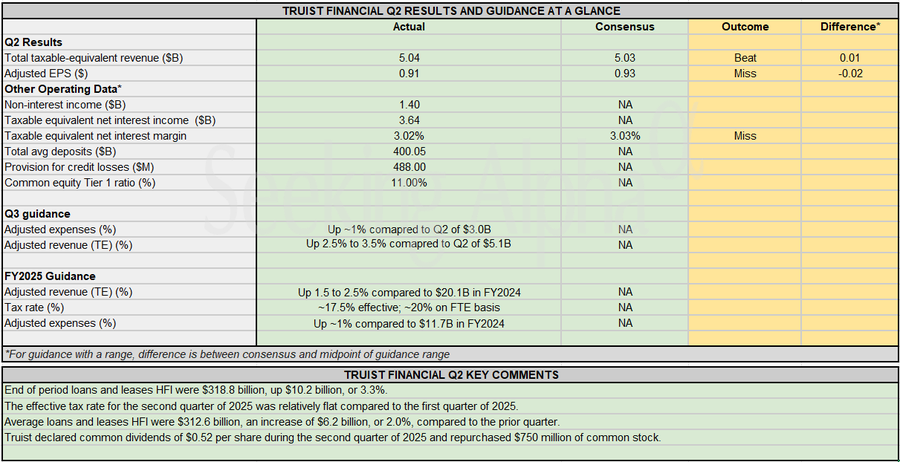An in-flight conversation between Infosys co-founder NR Narayana Murthy and BJP MP Tejasvi Surya has triggered fresh waves of debate online, particularly around India’s work culture and Murthy’s much-discussed “70-hour work week” remark.
Murthy and Surya were on the same IndiGo flight from Mumbai to Bengaluru recently. And the Infosys co-founder’s now-famous “70-hour work week” comment was the first thing that came to Surya’s mind as it would for many. So, when the BJP MP from Bengaluru South, who was seated next to Murthy for the two-hour journey, quipped that he was striving to meet his “70-hour-a-week target”, Murthy responded by naming someone he believes works even more.
“The only person I know who probably works 100 hours a week is Prime Minister Modi!," Murthy said.
This exchange was shared by Surya on his official handle on X . “Had an inspiring conversation with the legendary NRN today on the way back to Bengaluru from Mumbai. NRN pioneered the Indian IT services sector, turning it into a global powerhouse. He created wealth for literally lakhs of middle class families through Infosys,” he wrote.
Surya described their two-hour conversation, which covered topics such as artificial intelligence, manufacturing, Indian urban development, youth upskilling, ethics, and leadership, as “deeply inspiring”.
In a reply to a comment on X, Surya also revealed that during their journey on a low-cost domestic airline, Murthy not only travelled in economy class but also carried his own luggage and used the common washroom at the airport — avoiding the VIP lounge entirely.
But what truly set off a flurry of reactions online was the reference to Prime Minister Narendra Modi — implied in Murthy’s response as someone who works more than 70 hours a week.
Netizens have mixed feelings
The internet was quick to latch onto the exchange and the responses were as divided as ever: “How many hours a day did he recommend you work for?” asked one user. One user joked that Tejasvi Surya’s flight turned into a crash course in hustle culture—between Murthy’s 70-hour grind and PM Modi’s 100-hour benchmark, even the plane needed a break.
“Did he propose to work 90hrs yet or still stuck with 70hrs?” gasped another user. “Working 70 hours a week is not sustainable. I’ve done it occasionally during very important periods. Expecting employees to do this all the time is foolish. The work done will also be mediocre. If your employees need to work 70 hours a week, your project planning sucks,” one said.
The 70-hour week that won’t go away
Ever since Infosys co-founder Narayana Murthy suggested that young Indians should work 70-hour weeks to boost the nation's productivity, the debate around work-life balance, burnout, and toxic work culture has only intensified. But is there more to this argument than meets the eye?
Murthy’s now-infamous remark dates back to a podcast episode two years ago, where he said, “Youngsters need to work at least 70 hours a week, justifying it by adding: “India’s productivity is low.”
He argued that Indians needed to work longer hours to compete with countries like Japan and China. Almost a year later, in 2024, Murthy stood firm on his belief, stating: "I don’t believe in work-life balance.”
The comments unsurprisingly drew backlash. Critics slammed the idea as unrealistic and unhealthy, especially in a country already grappling with long workdays, inadequate labour protections, and rising mental health issues. Murthy also expressed disappointment over India’s shift from a six-day to a five-day workweek in 1986 — a change he clearly still regrets.
But what about Infosys?
Interestingly, while Murthy continues to publicly champion the 70-hour workweek, the company he co-founded is now taking a seemingly opposite stance.
In a new internal initiative, Bengaluru-based Infosys is actively urging its employees to avoid overworking and maintain a healthy work-life balance. The IT major has raised concerns about the health risks associated with excessive work hours particularly in remote and hybrid settings. Reportedly, company has begun sending out personalised emails to employees whose logged work hours have consistently exceeded acceptable limits. These messages contain detailed summaries of their remote working patterns including the number of days worked from home, total hours logged, and daily averages.

 3 hours ago
1
3 hours ago
1

















 English (US) ·
English (US) ·